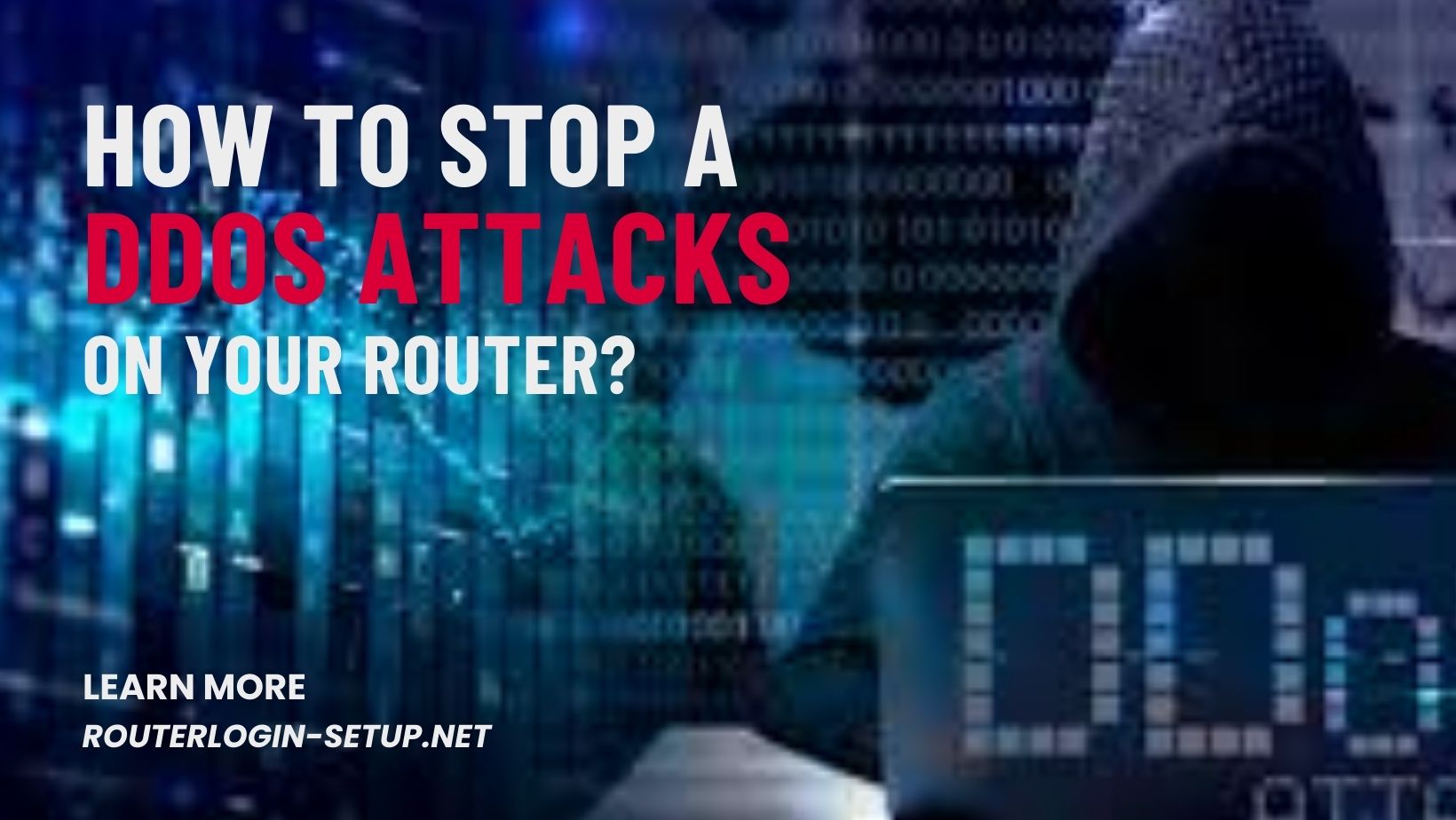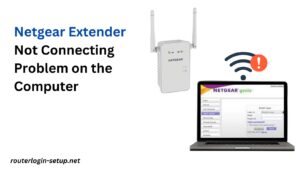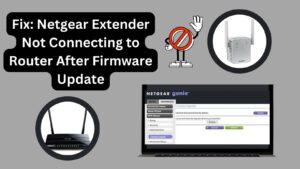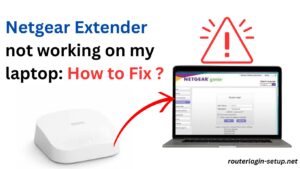Distributed Denial of Service, or DDoS, attacks are designed to prevent people from accessing a system or network resource. This is usually accomplished by flooding the target with traffic coming from multiple machines. DDoS assaults are difficult to counter because they are scattered and can come from multiple sources, complicating mitigation measures. Setting up a strong firewall is seen to be an efficient defence against DDoS attacks. In this blog we have provide information that How To Stop a DDos Attacks On Your Router?
Recognize a DoS attack targeting a Netgear Router:
A DoS attack on a Netgear Router is characterised by sluggish network performance. This type of attack may contribute to an increase in the volume of spam emails and text messages. Additionally, it could be the reason behind difficulties in accessing or browsing a particular website.
Types of DDos Attack
DDoS attacks primarily take three forms:
- Ping of Death: Sending too many ICMP requests at once to the intended system, causing it to crash.
- SYN Flood: Sending an excessive amount of SYN requests, overwhelming the target system and causing a crash.
- DNS Amplification: Increasing the amount of traffic sent to the target system by using DNS servers, which eventually causes a crash.
How to secure your Netgear router from DDoS attacks?
Here are some actions you may do to protect your Netgear router from DDoS attacks:
Turn on your router’s firewall:
Turn on your router’s firewall to stop inbound traffic linked to possible DDoS assaults. It is essential to properly configure the firewall to prevent inadvertently obstructing legitimate traffic.
Update Router Firmware: Installing the most recent updates will keep your router’s firmware current. By doing this, vulnerabilities that are known to be vulnerable to DDoS attacks are addressed. For details on how to update firmware through the Nighthawk app, see the NETGEAR website.
Make use of virtual private networks, or VPNs:
To provide an extra degree of defence against DDoS assaults, encrypt your internet connection using a VPN. Hackers find it more difficult to interfere with or overload your network when encryption is used, and VPNs hide your IP address to provide you anonymity. Additionally, certain VPNs provide DDoS mitigation capabilities like traffic shaping.
Examine DDoS protection services: These services can absorb and lessen the effects of DDoS traffic, enabling your network to continue operating normally even in the midst of an assault.
Speak with your Internet service provider (ISP):
For help, get in touch with your ISP; they might have extra safeguards in place to keep your network safe from DDoS attacks. ISPs frequently have materials and solutions available to help lessen the impact on your network.
Taking these proactive measures can significantly enhance the security of your Netgear router and mitigate the risk of DDoS attacks.
Also Read: Login to Netgear Nighthawk Home Router
FAQ’s
A DDoS (Distributed Denial of Service) attack involves overwhelming a system or network with traffic from multiple sources, causing it to become inaccessible. Routers are susceptible to DDoS attacks as they manage traffic between your devices and the internet.
Signs of a DDoS attack include slow internet speeds, unresponsive websites, and disruptions in online services. Monitoring your router logs for unusual traffic patterns can also help identify a potential attack.
Carefully configure firewall settings to allow essential traffic while blocking potential threats. Adjusting firewall sensitivity and creating whitelists for trusted sources can help strike a balance.
Yes, changing the default password is crucial. Attackers often target routers with default credentials, and changing the password adds an extra layer of security against unauthorized access.
Yes, using a VPN can add a layer of encryption to your internet connection, making it more difficult for attackers to disrupt or overload your network. Additionally, VPNs provide anonymity by masking your IP address.
Contact your ISP for assistance, as they may have measures in place to help mitigate DDoS attacks. Additionally, monitor your router logs and consider implementing DDoS protection services if needed.



